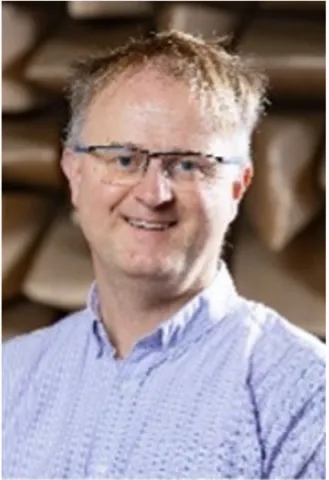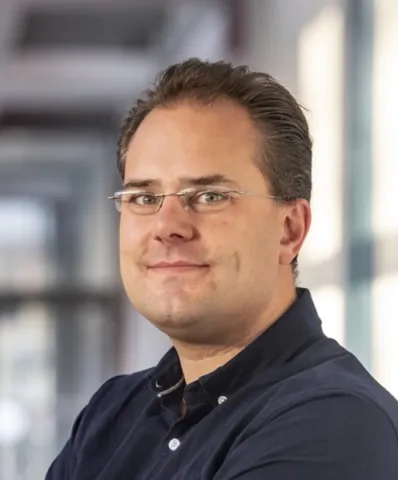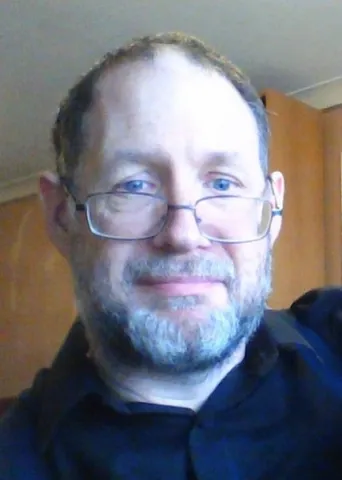Staff
Lead researchers
Other researchers
Collaborating research institutes, centres and groups
Research outputs
Tobias Goehring, Josie Chapman, Stefan Bleeck & Jessica Monaghan,
2018, International Journal of Audiology
Type: article
Jessica J.M. Monaghan, Tobias Goehring, Xin Yang, Federico Bolner, Shangqiguo Wang, Matthew Wright & Stefan Bleeck,
2017, The Journal of The Acoustical Society of America, 141(3), 1985-1998
DOI: 10.1121/1.4977197
Type: article
Tobias Goehring, Federico Bolner, Jessica J. M. Monaghan, Bas van Dijk, Andrzej Zarowski & Stefan Bleeck,
2017, Hearing Research, 344, 183-194
Type: article
Federico Bolner, Tobias Goehring, Jessica Monaghan, Bas van Dijk, Jan Wouters & Stefan Bleeck,
2016
Type: conference
Neil J. Ingham, Naoya Itatani, Stefan Bleeck & Ian M. Winter,
2016, Brain Research, 1639, 13-27
Type: article
Hongmei Hu, Mark E. Lutman, Stephan D. Ewert, Guoping Li & Stefan Bleeck,
2015, Trends in Hearing, 19
Type: article
Jinqiu Sang, Hongmei Hu, Chengshi Zheng, Guoping Li, Mark E. Lutman & Stefan Bleeck,
2015, Hearing Research, 327, 175-185
Type: article


